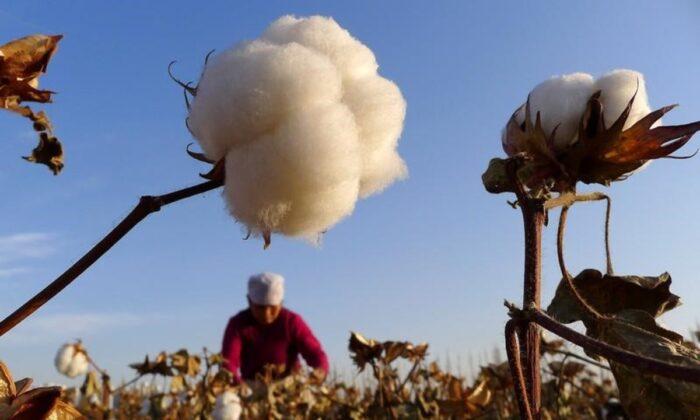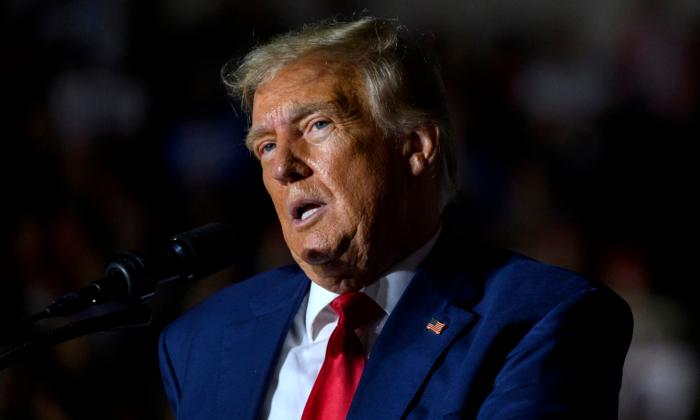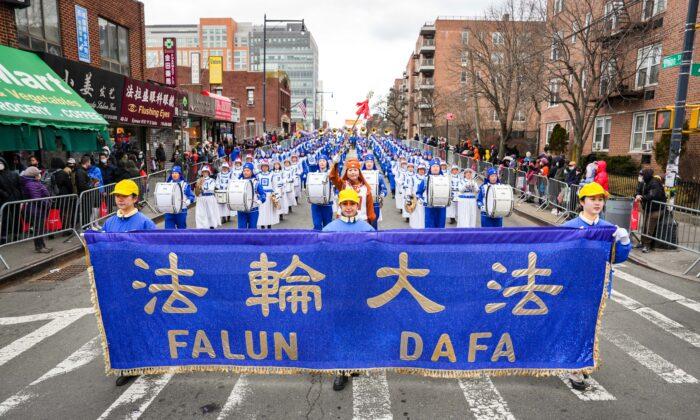The U.S. Senate approved legislation on Dec. 16 to ban all imports from China’s Xinjiang region, where Beijing is holding more than 1 million Uyghurs in internment camps, over forced labor concerns. The measure is now headed to the White House, where President Joe Biden has said he'll sign it into law.
The legislation rushed through Congress this week after lawmakers agreed on a compromise that eliminated differences between measures introduced in the House and Senate.
Republicans and Democrats in the two chambers had been arguing over the Uyghur legislation for months. The dispute complicated the approval of the annual National Defense Authorization Act and has held up the Senate’s confirmation of some of Biden’s ambassadorial nominees, including his selection of Nicholas Burns to be the ambassador to China.
The legislation creates a “rebuttable presumption” that all goods from Xinjiang are made with forced labor, which in effect bars all such imports. Products from the region will only be allowed into the United States if the government determines that there’s “clear and convincing evidence” that they weren’t made with forced labor.
“Many companies have already taken steps to clean up their supply chains. And, frankly, they should have no concerns about this law,“ Sen. Marco Rubio (R-Fla.) said on the Senate floor. ”For those who have not done that, they’ll no longer be able to continue to make Americans—every one of us, frankly—unwitting accomplices in the atrocities, in the genocide that’s being committed by the Chinese Communist Party.”
U.S. Trade Representative Katherine Tai praised the legislation.





